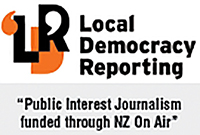Community feedback on economic stategy
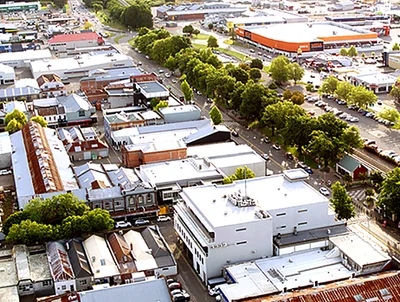
A revision of the district's economic development strategy had a mixture of support and derision.
Community feedback highlighted the gaps in the Economic Development Strategy for the Ashburton District Council to consider, supported soem areas and questioned others.
LDR Reporter Jonathan Leask summarises what the submitters had to say about the Ashburton District Council's draft economic development strategy:
Carol Johns
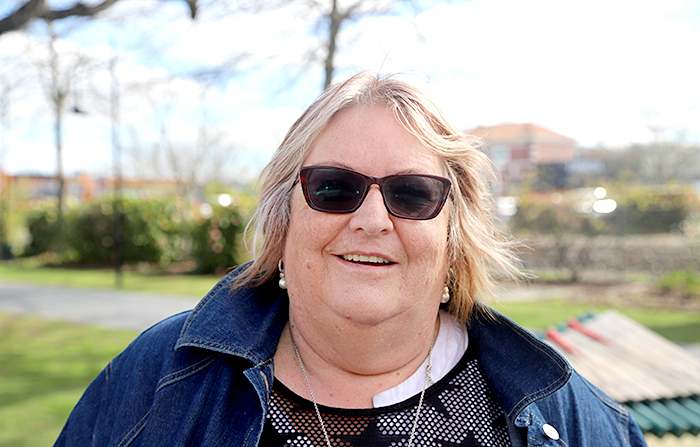
Event manager Carol Johns is supportive of more events in the district but not at the expense of existing ones - which could do with more support.
With the development of a district-wide events plan, Johns is pushing for some security around guaranteeing existing events weren’t moved from their dates.
She recognised the strategy is supporting new events, and supports that, but asked for similar levels of support for existing events.
And instead of trying to bring in new events, Johns suggested bringing back some events that were popular but have lapsed.
“Really good events that already have blueprints, like Christmas in the park”.
If the council is going to run more events, she wants to see the council following the same strict criteria as events applying for council grants.
Johns also suggested a simpler and streamlined process for event organisers, where they are provided with an outline of the restrictions and requirements to run any event on council land.
Kate White (Connecting Mid Canterbury Trust)
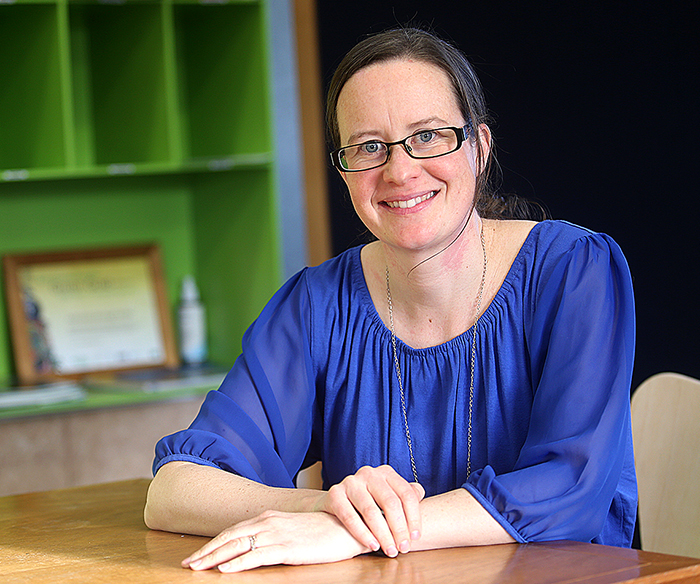
Council policy and strategy should be driven by “community-led responses to the challenges and issues” in our district, Kate White says.
“Instead of the council creating and choosing solutions for the community, that the policy and strategy will be coming from the ground up”.
White suggested the council look at a different engagement model where it can be “conduits for community-led solutions”.
Connecting Mid Canterbury is a community education provider, so White read with surprise and disappointment the strategy proposes increasing learning opportunities without having been consulted for any input.
She was also disappointed with the council’s handling of the Welcoming Communities programme.
“We had a really great consultation [around welcoming communities] and there was a solution proposed that wasn’t followed through.”
That solution “looked relatively low cost” and is still needed several years later, she said.
It was an example of community consultation not working.
“Community consultation is really important but if you don’t take what’s being shared or what’s suggested by the community, you are going to struggle to get community buy-in.”
A “glaring omission” in the strategy was climate change.
“As an agricultural area but also dependent on tourism and Mt Hutt Ski field, the fact we don’t have anything about preparing for climate change, adapting to that, is alarming.”
It was also “really sad that there was no reference to mana whenua or Maori at all in the document”.
Hakatere MultiCultural Council
Concerns about the diversity of voices in the strategy were raised by the Hakatere MultiCultural Council.
Council president Selwyn Price stated in the submission that “there are too many sectors of our community and contributors to our economy that have been left out or marginalised by this draft strategy”.
“Real economic growth must include all sectors and people, and a successful economic strategy should not imply some notion of a 'trickle-down' effect.
“Council have a long way to go in making their consultations more inclusive, and every time they produce a consultation document like this one it gives the impression that they're not actually trying very hard.”
Council member Jess Wilson presented the submission and said she is hearing repetitively that the council isn’t taking the Welcoming Communities role seriously.
Neil Pluck (Rakaia Community Association)

Economic development is not the council's job, Rakaia Community Association president Neil Pluck says.
It was his opinion that the council shouldn’t be getting side-tracked from its core roles by economic development.
“I think it's distracting to council and it's not the right balance from an economic development business and community point of view.
“We should have an economic development agency of some sort standing on its own.”
The council's role is important infrastructure and not to “get bogged down” and employ extra staff to do what businesses and groups should be and are capable of doing, for themselves, Pluck said.
Pluck suggested a district cycle trail be established, linking Rakaia to Methven and Ashburton along the Rakaia river terrace and RDR and Ashburton river stop banks.
There is an opportunity for the district to capitalise on its agricultural strengths in the education sector, Pluck said.
Being the capital of irrigation in New Zealand, establishing a specialist irrigation training centre could be investigated, and a similar case could be made for seed production, creating a miniature version of Lincoln University, he said.
Another suggestion is a retirement village in Rakaia “should be on the list” of things to do as local residents were being forced to retire outside of the town, Pluck said.
Mark Doyle
Engagement with the council is too “challenging”, business owner Mark Doyle says.
In his role, he engages with a lot of district councils throughout the country on different projects.
“I live in Ashburton but I don't do a lot of business with the council here because you are challenging.
“I do a lot of business with other district councils because they are not.”
Doyle described the strategy as generic and presented an expectation “that if we encourage the same sectors that have always been supported, we will get different outcomes”.
He suggests more “attention to encouraging innovation, and market sectors that are growing nationally, or not well represented” in the district.
He challenged why there was no focus on small businesses, citing there is a lot of growth in the technology sector in the district but “there is no engagement there”.
Tanya & Reon Hulme (Rakaia River Holiday Park)
Rakaia is the gateway to Mid Canterbury but is missing from the strategy, Rakaia River Holiday Park owner Tanya Hulme says.
The strategy had a strong focus on Methven and Ashburton but had little on Rakaia, she said.
Rakaia is the ideal place to capture tourists to stay in the district before they turn up Thompsons Track and head out of the district, she said.
What will make the district a destination of choice is developing assets, like the Opuke thermal pools in Methven and the redevelopment of the Staveley Ice rink, Tanya said.
She suggested the council assist with feasibility studies on new tourism product options, either in the form of council funding or resources.
One of those she supports is a district cycle trail as the holiday park gets a lot of visitors carrying bikes and “there is a great opportunity to create a bike track linking areas of the Ashburton District”.
Being one of the 86% of businesses that have no more than five employees in the district, she said it is important to include small businesses in establishing any business leadership group.
James McKenzie (NZSki LTD)

The strategy does not address adapting to climate change and supporting sustainability, James McKenzie says.
Mackenzie felt there was a lack of focus on climate change and the obligation to move to carbon zero is a concern, which isn't just for farmers.
“We need to be thinking about the long term - supporting businesses to grow sustainably.
“We should use our Economic Development Strategy to lead businesses, schools, and residents towards a more sustainable future.”
The cultural diversity of the district also needs to be “recognised, respected and embedded in the goals”, he said.
Donna Favel (Mid Canterbury Movies)
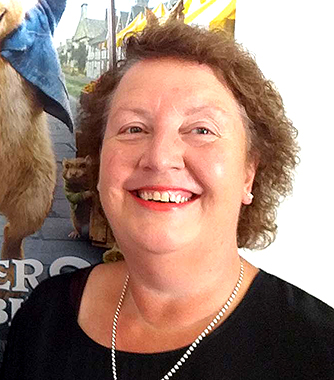
Mid Canterbury should play a supporting role in the growth of the film industry in Canterbury, Donna Favel says.
The 2021 movie, Snakeskin, showcased the district as a backdrop for the film but also provided wider benefits through hosting the production, Favel said.
There is an opportunity for more production to occur here and Favel had a representative of Templeton-based Temple Film Studios to speak on the opportunities for growth in the film industry in Canterbury.
The district needs additional secondary and tertiary education providers, she said.
A large number of families send their children to boarding school outside of the district and “I suspect this has a detrimental impact on the local economy”, estimating $7m leaves the district in school fees annually alone.
She suggests something like Invercargill’s Southern Institute of Technology which her figures indicate it contributes $157m to the region’s economy annually and 40% of graduates end up working in the region.
Ashburton Citizens Association
Objectives to aid and retain the silver workforce need consideration according to the Ashburton Citizens Association.
The EDS has several objectives and actions on youth engagement and the ACE felt there is little around keeping older workers employed or encouraging employers to retain experienced staff in the workplace.
With an ageing population, ACA secretary Donna Favel, said the local economy can be supported by over-65s who are still willing and able to work.
The ACA highlighted a lack of te reo use in the strategy, with just two phrases in the entire document.
It also cited another submitter, Jasaiah Claydon-Wade, who was disheartened by the minimal use of Te Reo Māori and described what was used as “tokenistic to say the least”.
In terms of events, the ACA suggested the council provide public transport for its events.
-
By Jonathan Leask
